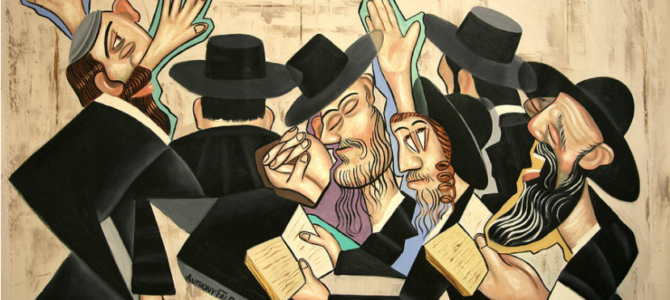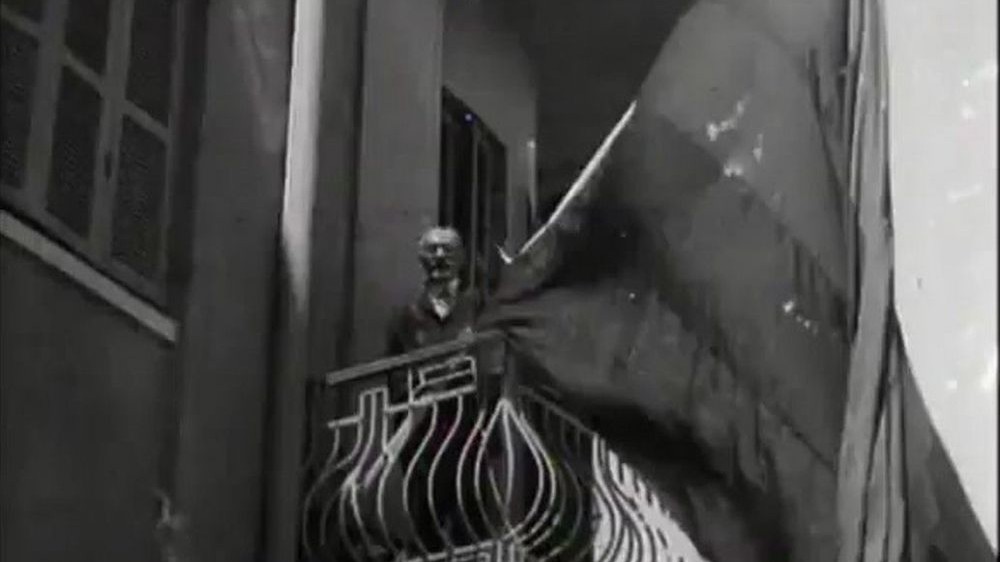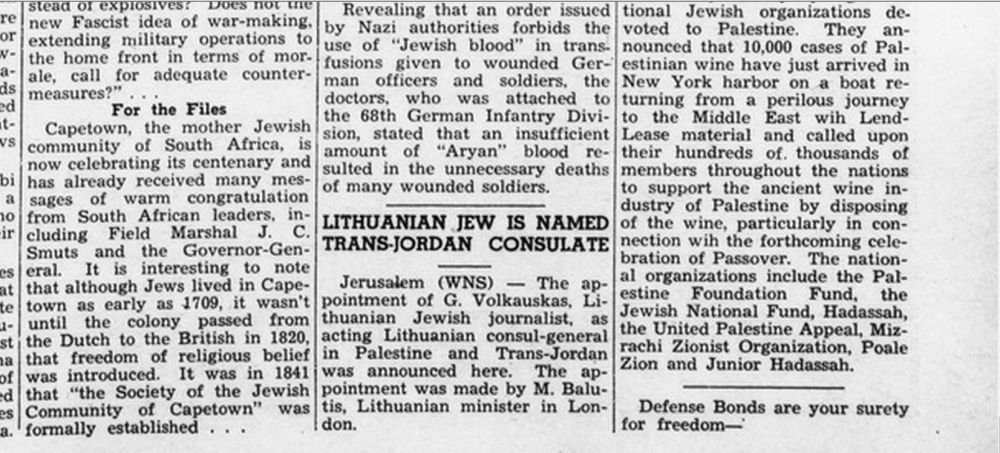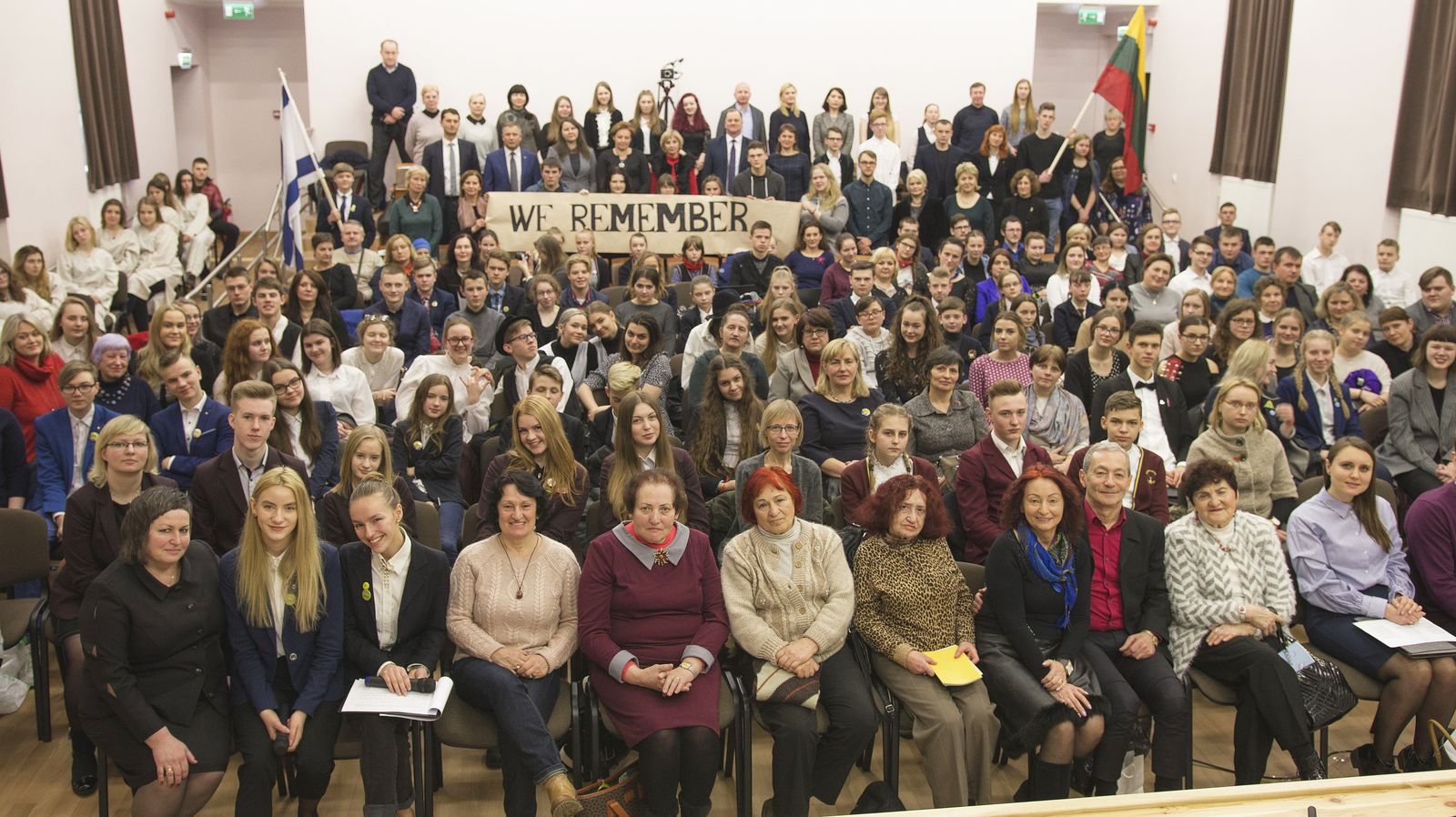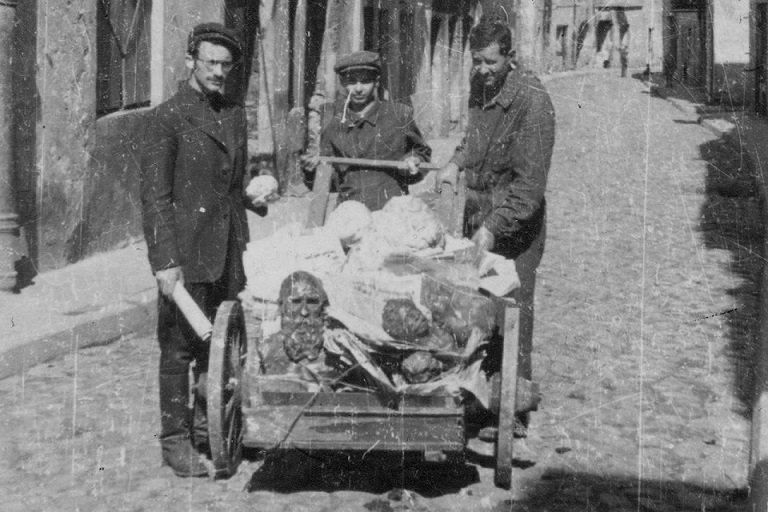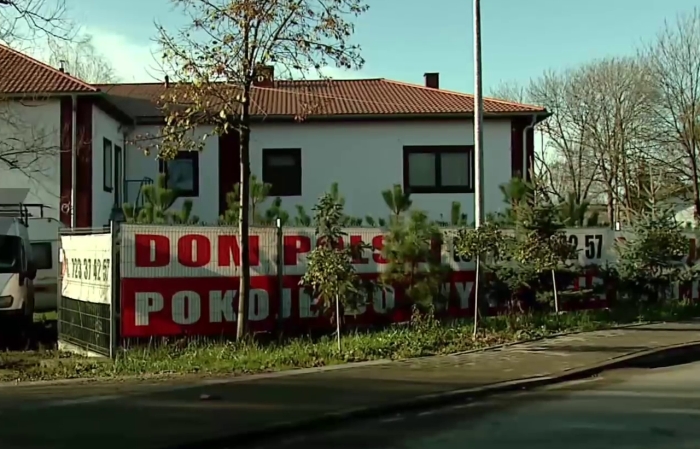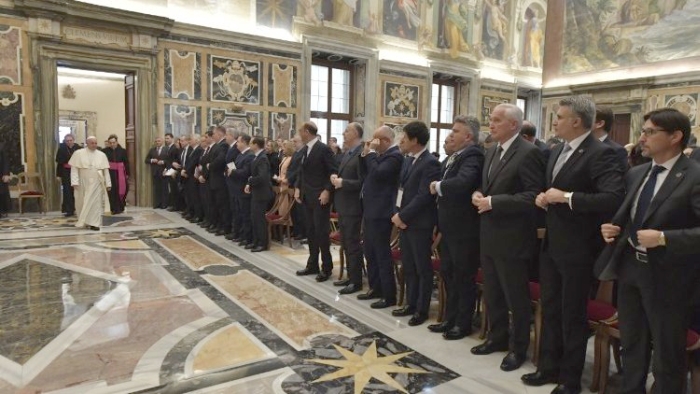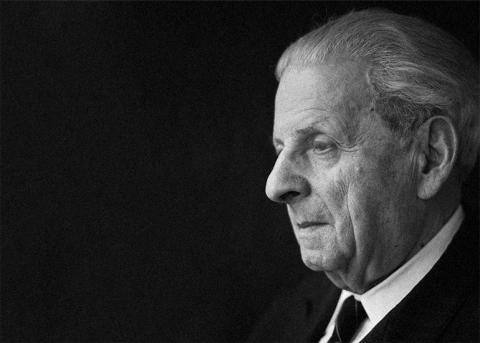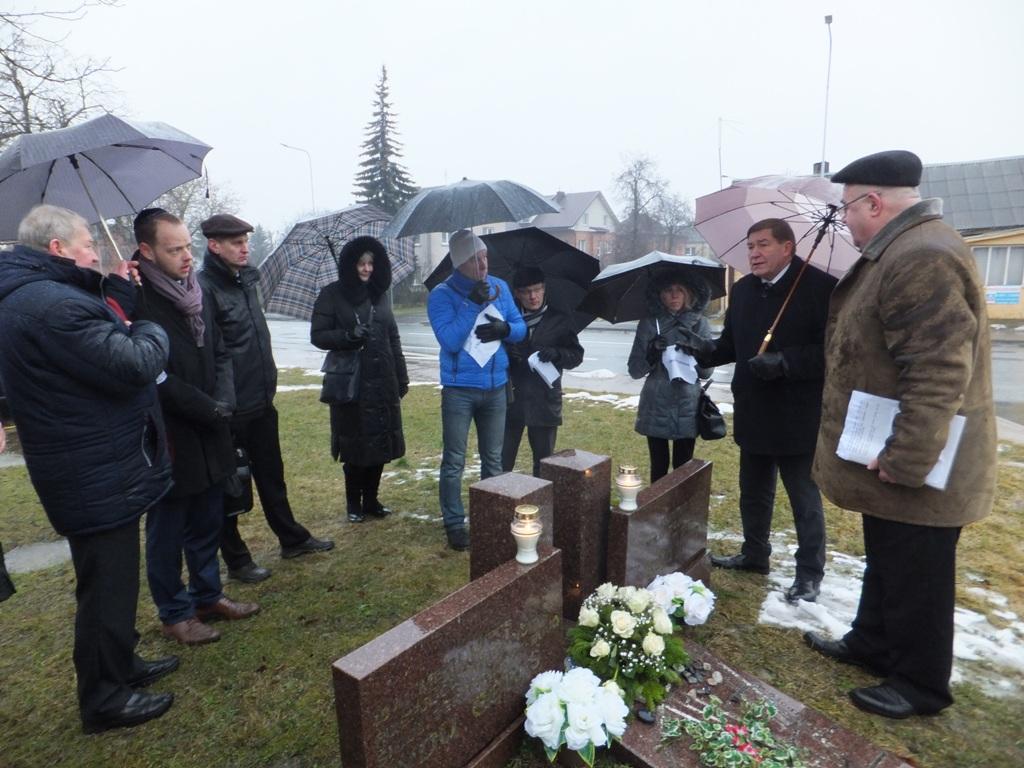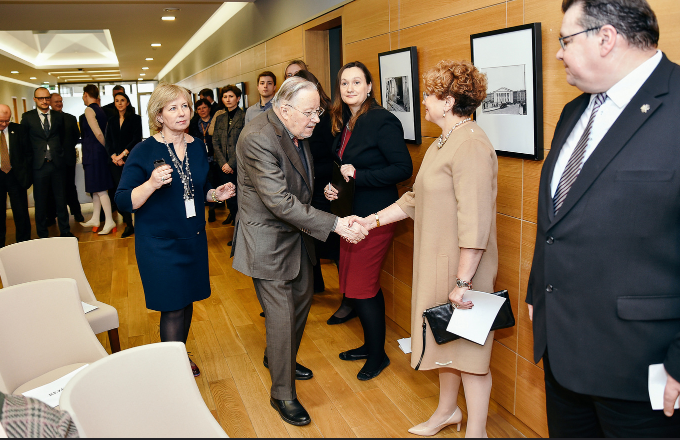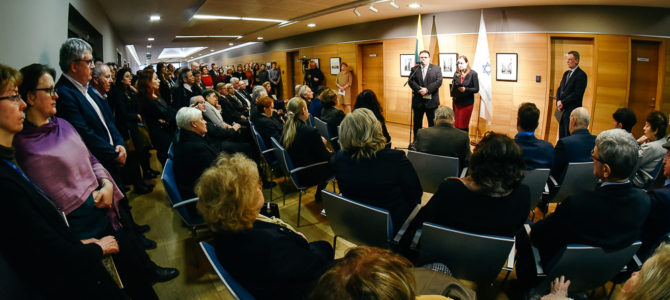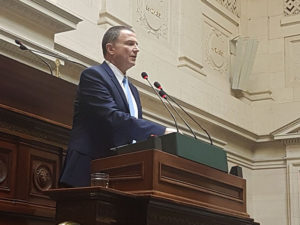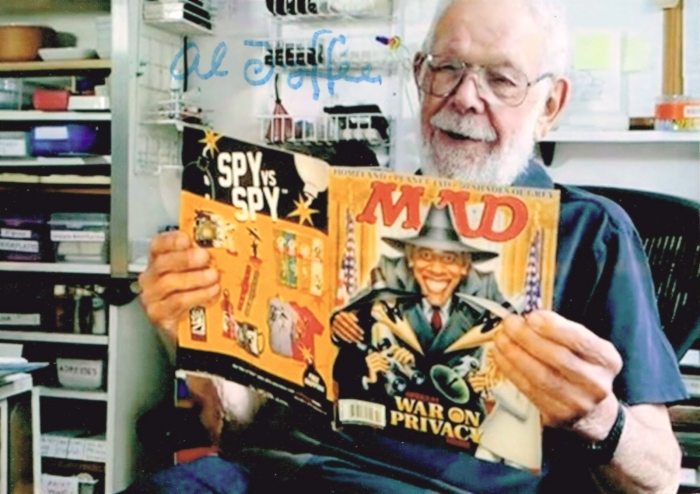Dear friends,
This year Limmud will be even better than usual, so if you haven’t registered yet, do so now.
The conference will take place at the Vilnius Grand Resort Hotel from February 9 to 11.
Lecturers and performers are to include:
Prof. Zeef Chanin from Israel.
Yulia Rutberg, an actress from Russia, to host the Creative Evening.
Yuri Tabak, religious studies scholar, Jewish history expert and writer from Russia.
Tzvi Kaplan, rabbi, family specialist and psychologist from Israel.
Dr. Lara Lempertienė, scholar, Vilnius University teacher, senior bibliographer for Jewish books at the Lithuanian National Martynas Mažvydas Library, from Lithuania.
Regina Pats, a film expert from Estonia, to present program of new and interesting films.
Hop Stop Banda, a German musical band.
Maja Tarachovskaja, teacher, writer from Lithuania.
Sasha Song, a vocalist from Lithuania.
Ala Segal, beauty expert, Lithuania.
Grigoriy Abramovich, rabbi, Belarus.
Irina Abromovich, rebitsen, Belarus.
Svetlana Liser, yoga activities, Lithuania.
Laurina Todesaitė, Jewish culinary expert, Lithuania.
Boris Kirzner, violinist, Lithuania.
Daumantas Levas Todesas from Lithuania, to present the film “Aš turiu papasakoti” [I Must Tell the Story].
Boris Burda from Ukraine and the game “Who, what, where?”
Play by students of Sholem Aleichem ORT Gymnasium “Let Me Live.”
For more information, contact limmudlietuva@lzb.lt or call Žana Skudovičienė at +37067881514.
